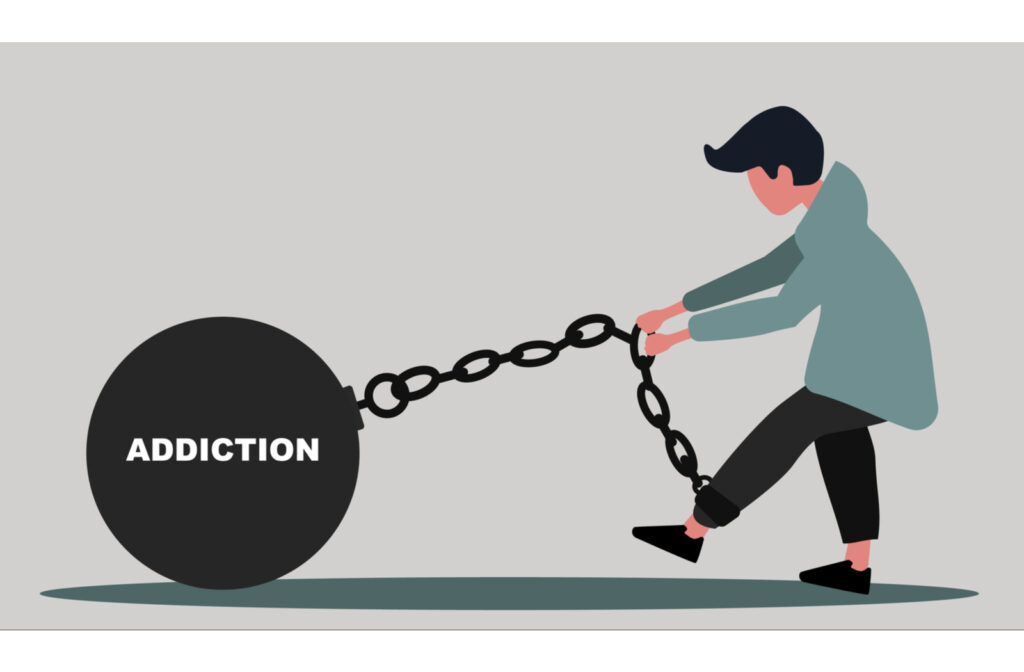7 Ways to Help a Loved One Battling Addiction
Hello Everyone,
Watching a loved one navigate the treacherous path of addiction can be heart-wrenching. However, your support can make a significant difference in their recovery journey. Here are seven valuable ways to assist a family member or friend in their battle against addiction.
1. Educate Yourself: Understanding the Struggle
Before offering help, take the time to educate yourself about addiction. Learn about the specific substance or behavior your loved one is struggling with. This knowledge will help you empathize with their challenges and contribute to a more informed and supportive approach.

2. Encourage Open Communication: Breaking the Silence
Create a safe space for open communication. Encourage your loved one to share their thoughts and feelings without judgment. Honest conversations can foster trust and provide an opportunity for them to express their struggles and concerns.
Beyond verbal communication, consider exploring alternative forms of expression, such as journaling or art. These outlets can offer a therapeutic way for your loved one to process their emotions and reflect on their journey to recovery.
3. Research Treatment Options: Exploring the Possibilities
Explore different treatment options, including counseling, therapy, and support groups. Understand the concept of Medication Assisted Treatment (MAT) as a potential solution. MAT involves the use of medications, in combination with counseling and behavioral therapies, to provide comprehensive treatment for substance use disorders.
While researching treatment options, consider the importance of individualized approaches. What works for one person may not work for another. Collaborate with your loved one to find a treatment plan that aligns with their unique needs and preferences, increasing the likelihood of long-term success.
4. Offer Emotional Support: Being a Pillar of Strength
Emotional support is crucial in the recovery process. Let your loved one know that you are there for them, offering a listening ear and a shoulder to lean on. Express your love and concern, reinforcing the idea that they are not alone in this journey.
In addition to emotional support, consider practical gestures, such as helping with daily tasks or attending therapy sessions together. Your active involvement demonstrates your commitment to their well-being and strengthens the bond of trust between you and your loved one.
5. Help Create a Supportive Environment: Removing Triggers
Work together to create an environment that supports recovery. Identify and eliminate triggers that may lead to relapse. This could involve making lifestyle changes, such as finding new hobbies or distancing from negative influences.
In the process of removing triggers, focus on promoting positive habits and routines. Encourage activities that bring joy and fulfillment, fostering a sense of purpose and stability in your loved one’s life.
6. Attend Supportive Events Together: Strengthening Bonds
Explore support groups and events related to addiction recovery. Attending these activities together can strengthen your bond and provide a sense of community. Knowing that others share similar experiences can be comforting for both you and your loved one.

7. Set Realistic Expectations: Celebrating Progress
Recovery is a gradual process, and setbacks may occur. Set realistic expectations and celebrate small victories. Acknowledge the effort your loved one is putting into their recovery, reinforcing a positive mindset.
In setting expectations, emphasize the importance of self-compassion. Recovery is a personal journey, and your loved one may face challenges along the way. Encourage them to view setbacks as opportunities for growth and learning, fostering resilience on their path to lasting recovery.
Conclusion
Helping a loved one battling addiction requires patience, understanding, and a commitment to supporting their recovery journey. By educating yourself, fostering open communication, exploring treatment options, offering emotional support, creating a supportive environment, attending events together, and setting realistic expectations, you can play a vital role in their path to healing. Remember, your support can make a significant impact on their recovery journey, offering hope and encouragement along the way.



